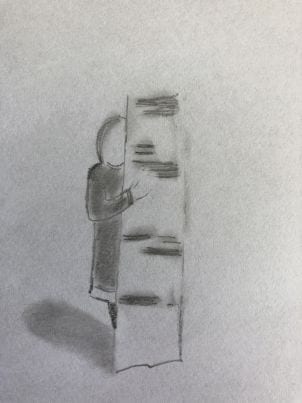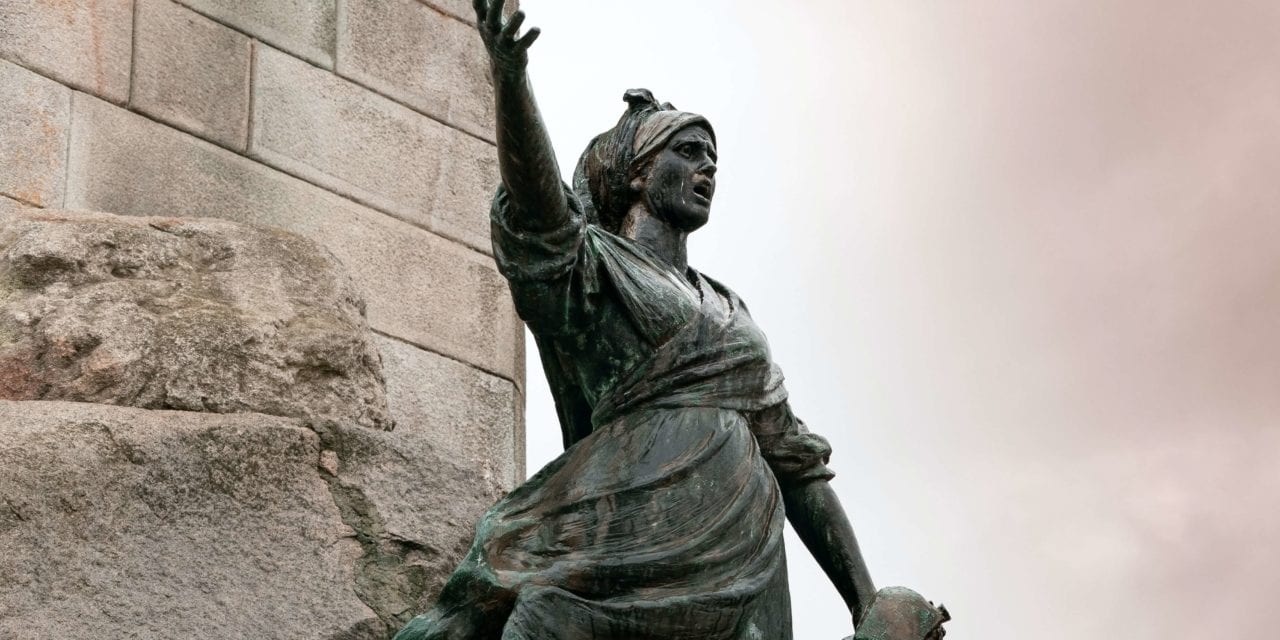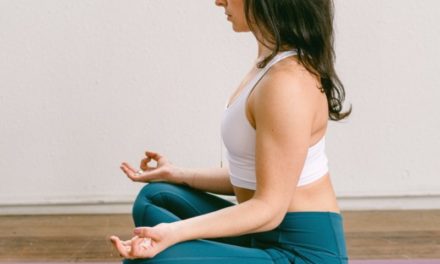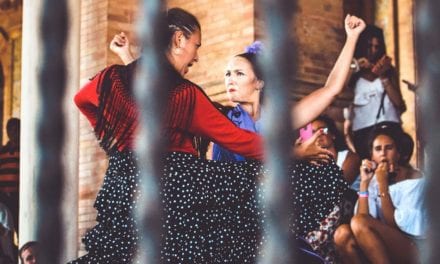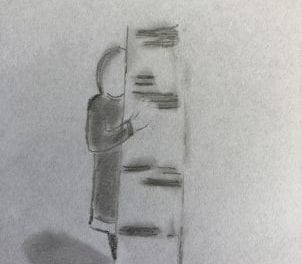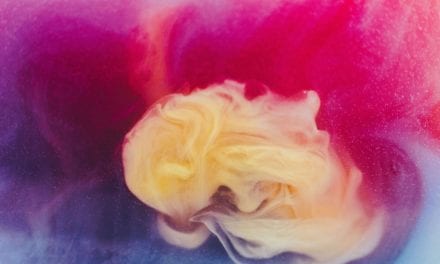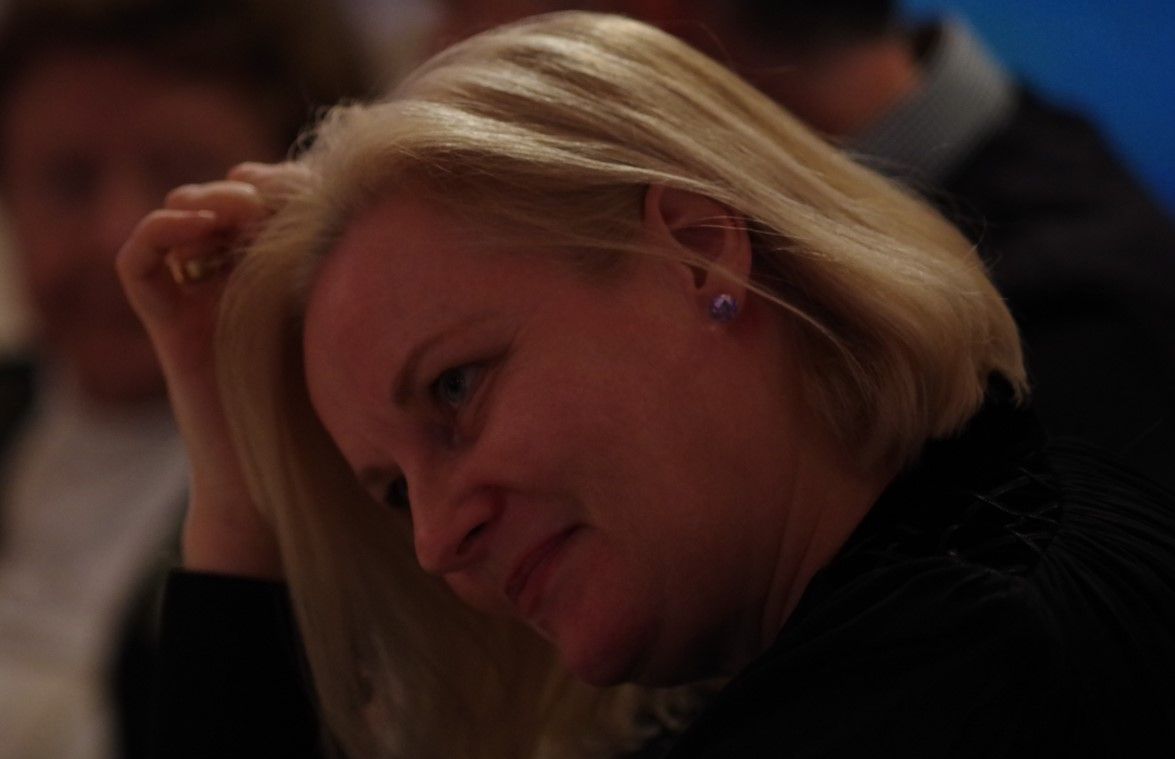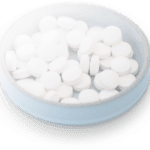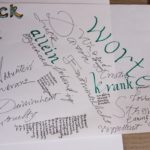Table of contents
Not weak, but heroes
I do not believe that chronically ill people are weak. On the contrary. When I was active in my self-help group, I attended several congresses and training courses. The stories of those affected were not stories of weak people, but rather of heroes who have "endured" a lot.
Our society loves heroes, success stories, fighters, but also triumph and happy endings. We love the treatment, the successful repair, the restoration. It's in right now to buy run-down houses and renovate them glamorously.
We are not those heroes. Our titles are: "malingerer", "pressure eater", "sensitive".
We don't pretend to be sick. If anything, we try to pretend we are healthy. Click to tweetWe try to be as you expect us to be. https://shamethepain.de/du-siehst-mich-nicht/
You can't be sick if you...
What often awaits us is condemnation and dismissal. Like hungry wolves, some watch what we do to quickly judge: "You can't be sick if you're...
- wear makeup. (The truth is, someone who sleeps very badly, has pain, is exhausted, nauseous, dizzy etc. just looks terrible, sometimes you don't want to look terrible, I don´t actually wear makeup or anything like that).
- dress up, fix your hair. (We hardly ever do that. Sometimes you want to be a little normal and not look like something that's been pulled through the hedge. It's exhausting enough and takes more time than doubters think. You might think I look ok in the picture on the homepage. That was the day my mother was cremated. My mother was very concerned about her appearance, always made up, wearing the latest fashion, so I put makeup on in her honour. But normally no-one would know that.
- go out, sit somewhere in the sun. (If we didn't go out sometimes, we'd get berated for that too - "You're not doing anything to make it better." We need vitamin D too, by the way)
- aren´t whining. (This takes the biscuit)
- …..
The occasions we actually do these things are just snapshots in our lives. We don't show the bad stuff. Nevertheless, that´s how we are perceived by others and partly by doctors and therapists.
Did he do the fractures to himself?
These passed judgments or the feeling of not being believed are harsh and hurtful. It takes an enormous amount of strength to try to participate in life in such a way that others are not harassed and hindered by us. Our efforts are not even always successful.
People who have recognized diseases that are visible are more likely not to be misjudged. When my husband had 3 hernias last year and walked strangely because he was in pain, everyone understood and accepted immediately that he was in pain. He was operated and needed some convalescence. Nobody came up with the idea of saying he had inflicted the hernia on himself in order to get attention. Nobody doubted that he was in great discomfort. When he sat outside on the terrace afterward, no one said he was probably just pretending to have hernias if he was able to sit so comfortably on the terrace.
Hurtful words devour strength
So we not only need strength to cope with the illness as best we can but also to deal with these painful words and misconceptions.
Most critics probably don't even mean any harm. They see nothing and don't understand what they don't see. We hide the bad things. Even if, instead of lying on the sofa, we were to lie in the marketplace in a fetal position, writhing in pain, or if, instead of throwing up in the toilet key, we were to throw up in the public bin, it would be seen differently. And we don't want that either. We don't want to whine, but we don't want to be hurt all the time either.
Somebody knows we're heroes
Miranda Hart is not so well known in Germany, she is an actress and comedy performer, here she speaks seriously about chronically ill people. Precisely because she usually makes us laugh so much, this serious message hits right to the heart. https://youtu.be/kIA61vD1nks The video is in English.
Heroes come in all shapes and sizes!
Photo by Arturo Rey on Unsplash
